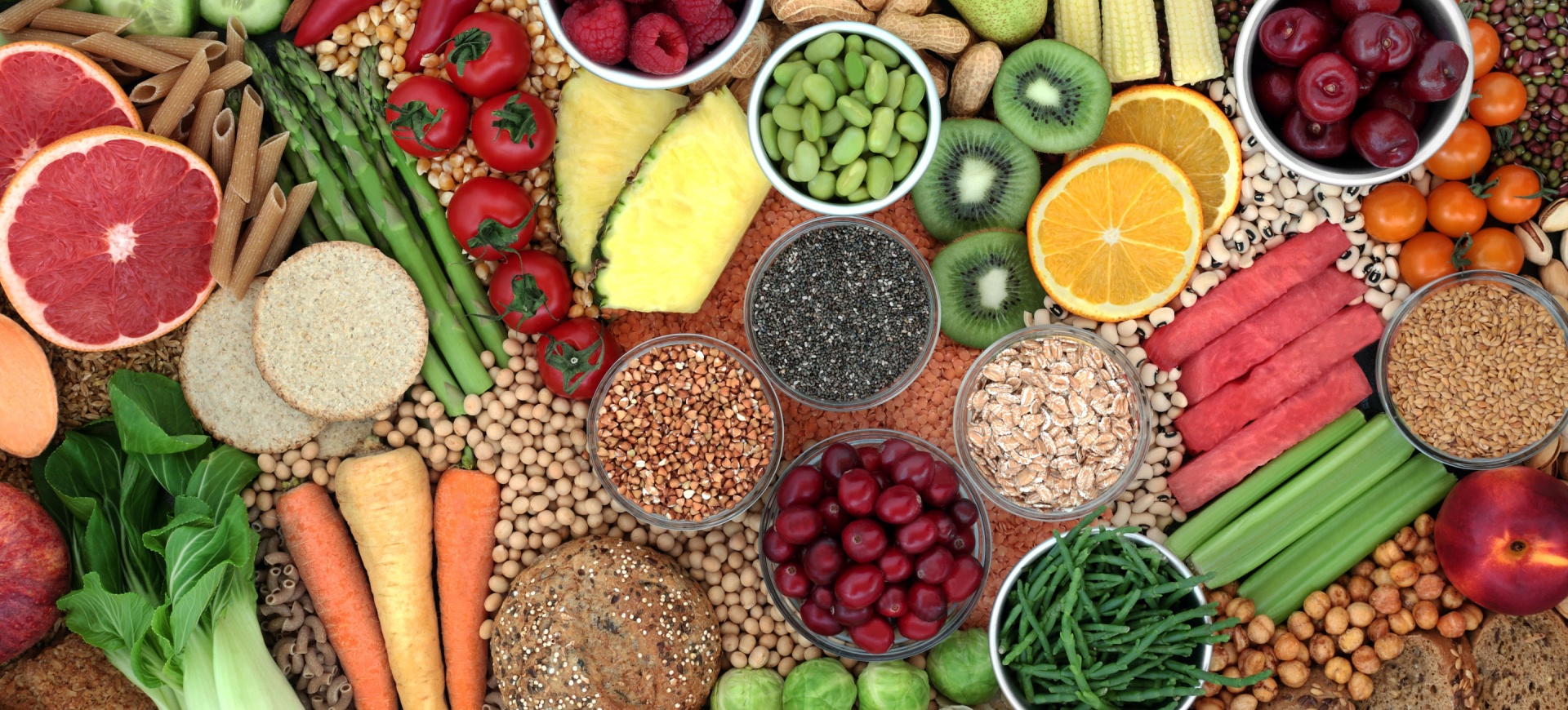Prioritising food security and health equity
Ensuring access to nutritious food, tackling climate impacts and promoting balanced diets are crucial; immediate decisive action is needed to pave the way to a healthier, more prosperous world
As the G20 summit approaches, the urgent need to ensure access to healthy, nutritious food comes into focus. The link between climate, health and food is clear. We must improve agriculture, reduce emissions and create healthier diets for a sustainable future, benefiting global food security, public health and smallholder farmers, who produce a third of our food.
Access to healthy food
Significant progress has been made in producing more nutritious food, despite the impacts of climate change. Innovations such as drought-resistant crops that include durum wheat and barley production in Morocco, low-glycemic-index rice, improved soil management, education and advocacy have all contributed to more reliable food sources.
Despite this progress, undernutrition and overnutrition remain critical issues. In the Global South, climate change worsens undernutrition, and in the Global North, poor food quality, accessibility and socioeconomic disparities drive nutrition issues.
Rising diet-related illnesses strain healthcare systems. Poor diets contribute to malnutrition and non-communicable diseases, which cause over 73% of deaths globally. Healthy diets boost productivity, reduce healthcare costs and enhance economic contributions. Research also suggests that improving diets could save the lives of one in five people.
A report by the Consultative Group on International Agricultural Research highlights significant disparities in healthy food access. In the Global North, economic inequality and processed foods drive food insecurity. In the Global South, poverty, climate change and poor infrastructure limit access to nutritious food, worsening health and hindering economic growth.
These factors all underscore the need for better food policies and highlight why this must be a priority for the G20.
Sustainable food systems
Closing these gaps requires comprehensive, region-specific approaches. In the Global South, it is critical to prioritise investments in sustainable agriculture, improve infrastructure and strengthen local food systems. This involves scaling agrifood system innovations, expanding agricultural education and increasing market access for smallholder farmers.
In the Global North, policies promoting healthier diets and reducing ultra-processed food consumption are essential. This may mean measures such as strong food-labelling regulations, taxes on unhealthy foods and subsidies for healthier options. Additionally, educational initiatives aimed at promoting nutrition and healthy living can foster lasting changes in behaviour.
Global collaboration and investment in agricultural technologies, sustainable production methods and nutritional science can lead to better outcomes worldwide. International partnerships can also facilitate the exchange of best practices and resources.
The African Development Bank’s Technologies for African Agricultural Transformation programme, in partnership with the Consultative Group on International Agricultural Research, has delivered climate-smart seeds to 12 million farmers in 27 countries in three years. It introduced heat-tolerant wheat in Ethiopia, boosting local harvests and employment, and drought-resistant maize and sorghum in Zambia, benefiting 500,000 farmers.
G20 leaders’ role
As G20 leaders convene for their summit in Rio de Janeiro, they have a crucial opportunity to support global food security and health equity.
They must prioritise the creation of a global action plan with clear goals for reducing food insecurity and improving nutrition worldwide. Clear targets and members’ accountability can drive progress here.
The Rio Summit should boost investment in sustainable agriculture in the Global South through financial support and technical assistance. Doubling investment in agricultural research and development, as highlighted by the Ceres2030: Sustainable Solutions to End Hunger report, can end hunger, increase smallholder incomes and build climate resilience.
The report highlights that every US dollar invested in CGIAR agricultural research yields $10 in return. Expanding these innovations can reduce import dependency, create local jobs and protect farmers from climate impacts. This highlights the importance of sustained research and development investment to equip farmers with essential technologies.
Leaders should promote food equity by advocating for policies that ensure access to healthy food for all. G20 members can lead by example and inspire global action. Research shows that most G20 countries’ food consumption patterns are misaligned with healthy diets, harming both the planet and people’s health. Promoting national dietary guidelines is a crucial first step, supported by educational programmes and public awareness campaigns.
To accelerate progress, fostering international cooperation and sharing best practices is essential. The G20 should facilitate collaboration among nations, non-governmental organisations and private sector partners. CGIAR aims to end hunger for 3 billion people and reduce foodborne illnesses through research and innovation in diets, agronomy, livestock and fisheries. This includes initiatives targeting consumer behaviour, local markets and social protection, and breeding more productive livestock and fish.
Ensuring access to healthy food is key to global health and economic stability. The Rio Summit offers a pivotal opportunity for G20 leaders to address existing gaps and promote a more equitable, sustainable food system.
Taking decisive action now can lead to a healthier, more prosperous world for all. Let’s ensure we leave nobody behind.












